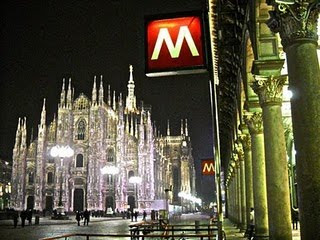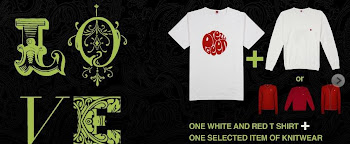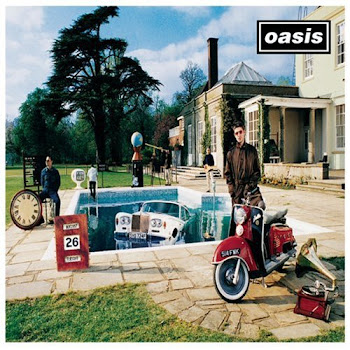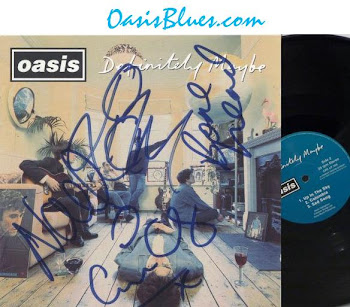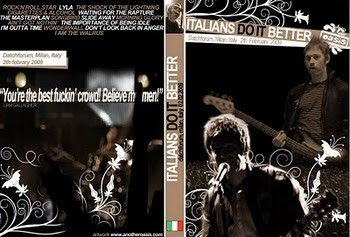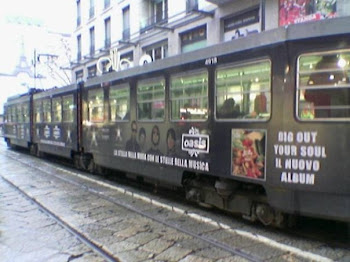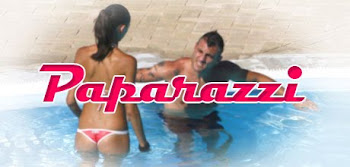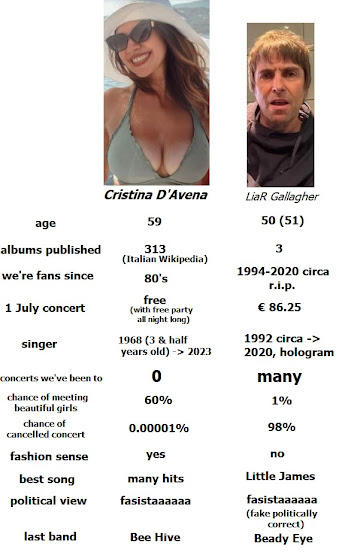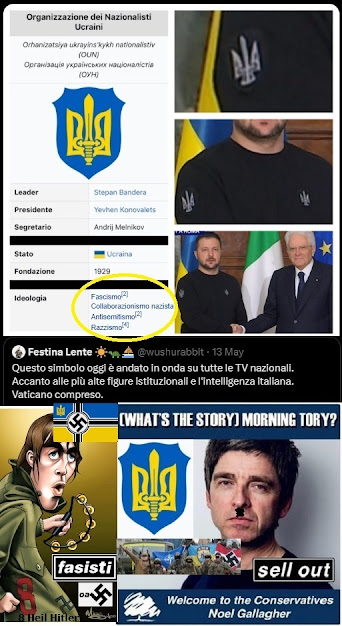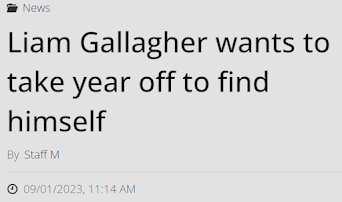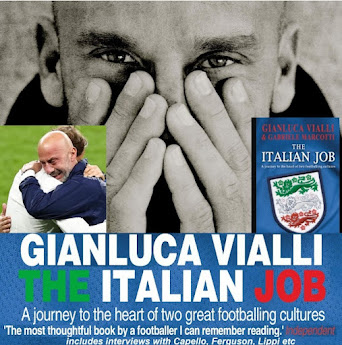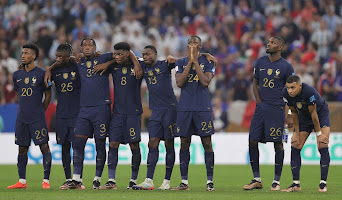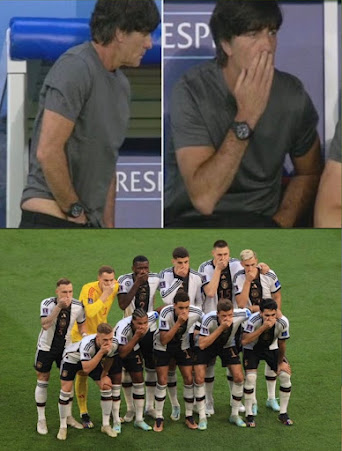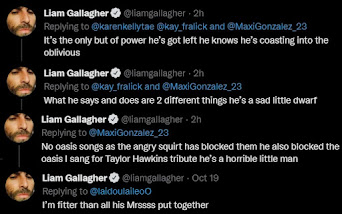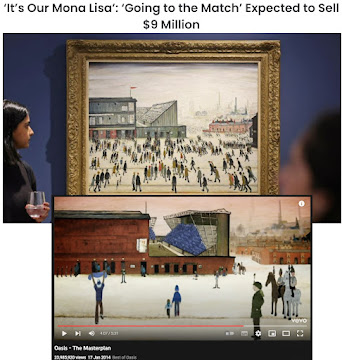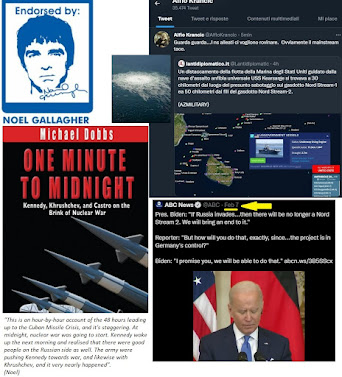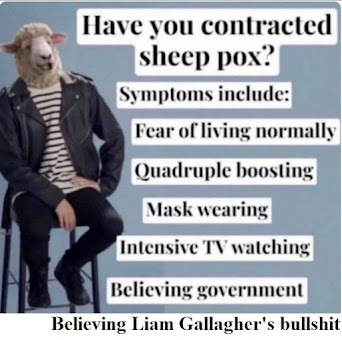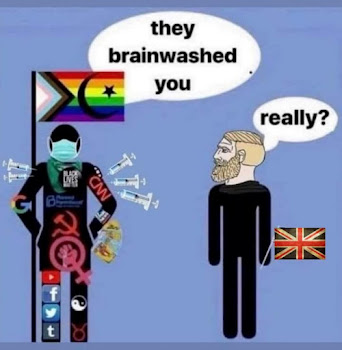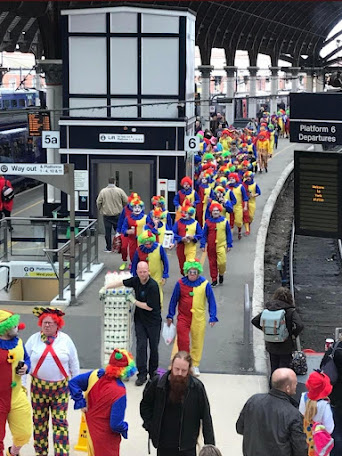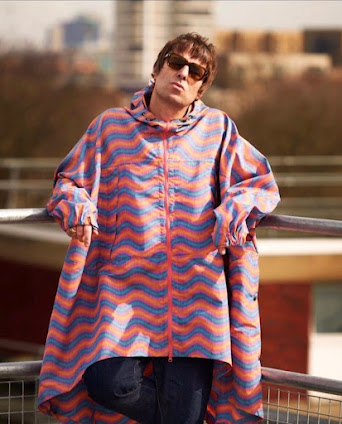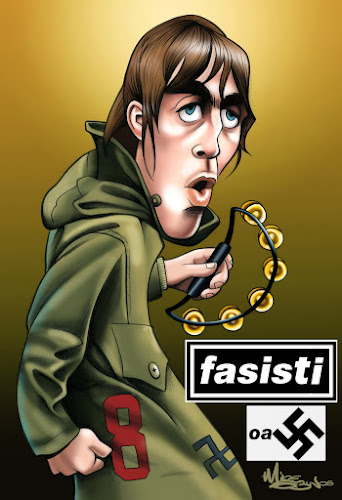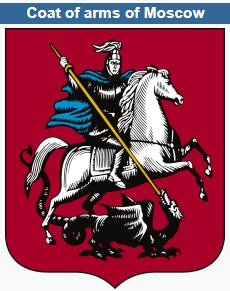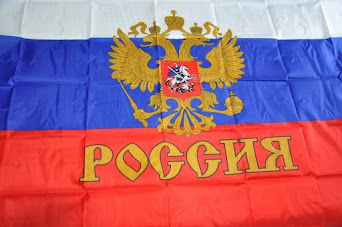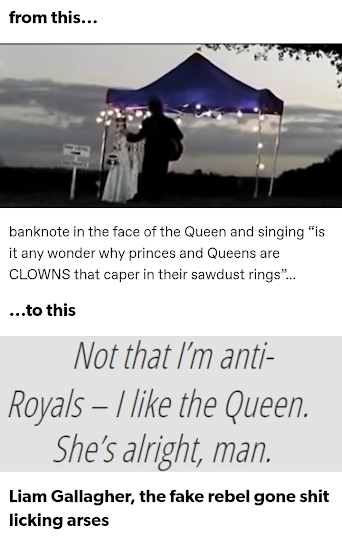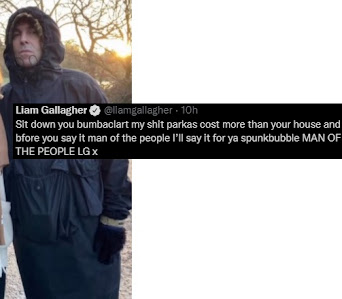Much has been written about this disastrous concert. This is the show where police tear-gassed the audience, causing the event to turn into a massive riot. Several people, including members of the band's entourage, were injured, and the stage itself was seemingly destroyed while the band locked up in their dressing room. Given the circumstances surrounding this event, it's hard to listen to the three tracks we have available and get past the impending doom. But the band are in good shape. Perhaps most notable is that this show is in that range of dates where Plant is still in the absolute height of his vocal abilities.
This is more or less the correct version of what happened, Led Zeppelin risked their lives and got the instruments destroyed. The hooligans were communists inspired by the french May 1968.
The worst Led Zeppelin concert in history, almost 40 years ago.
It was pretty hot out there. . .
Robert Plant: Yeah, sometimes it gets a bit scary when we see half the stage disappearing...
Jimmy Page: It was a bit rough.
I heard you had some problems in Milan.
Plant: We went to Milan, and there was a big music festival with people from all countries contributing. They travel around, and we just came for one gig. And we were told that it was a cool thing and even though there was a reputation for bottles being thrown in Rome, we were assured it wouldn't happen to us. Anyway, we started playing in a big cycle arena, and they'd been booing everybody else, and as soon as we walked onstage, I noticed some smoke at the back of the arena. And there's all this smoke and there's firemen behind us and I was going "fire! fire!" in my finest Italian.
Anyway, nobody took any notice of me and we carried on for about a quarter of an hour and the fire had gotten all around us. And I turned around and looked at everybody and Peter (Grant, the manager), his eyes had all gone big and red. And everybody was suddenly coughing. People suddenly appeared with masks and things like that and suddenly there were bombs going off, everywhere. And the whole thing about what I'm doing is that I've been doing it seven years.
And so it's been seven years and suddenly I find we've been tear gassed. So I got an Italian guy to come on and I told him to tell everybody to (Robert purses his lips and blows several times). And everybody's blowing. And everyone was just sitting down and coming around and digging it. And I was getting so I couldn't sing, and the feeling, if you've ever been tear gassed, is that if you move, you've got 15,000 kids who are going to freak out. So you don't move and you become so nauseated. Anyway, it finally broke up and there were kids running everywhere.
There were 250 stormtroopers there, in line, and I forgot to tell you, as we got there, there were wagons all alongside the road, and there were all these guys lined up by the front door. So I jumped out of the car and I was saluting and shouting and checking the uniforms and walking up and down the ranks going (makes faces) and I saw something I've never seen before, because they were completely devoid of anything human. They just looked at me as if to say "Objective number one" or something.
And suddenly everyone was running. And the kids came running over the stage, and we split and ran down a passage under the cycle arena. And then they tear gassed the passage. So Peter, who can't run very fast, was in trouble. So we found a room and we barricaded ourselves in. Broke into a medical cupboard and had all these fucking weapons and stuff. They were bringing the roadies in unconscious. We had one nurse and some oxygen and we looked out the window into the streets and there was fighting and shooting and cars being smashed and driven into trees and the whole thing was like a war. And it was because we stood up on stage. But that was not the real reason for it all. There were 250 people who just didn't know what the fuck was going on. 15,000 people are jumping in the air trying to escape the fucking tear gas and they don't understand.
And as we drove back to the fucking hotel, round the wrecked cars and round the fights and all that, there were roadside hospitals all the way to the center of Milan. I've never seen anything like that.
And I got up the next morning and got the papers and the driver translated and just told us that the kids had caused a riot and the police had had to move in and do the fucking honours. People lost their sight. I cried for days and days and everything I think about it, or I think of something gentle, I even saw a silly film with Cary Grant in it, and he was going on about what man must do to be man, and I was fucking crying. Because it just fucking hit me and if I'm ever down in America all somebody has to do is say. "Are you a boy or a girl" and I'll fucking dive at him. Because it's an animal reaction. I've already been in a rathole once.
And I know it's not just because we're radicals or rock 'n' rollers. It's because there's nobody understanding. And our side of the fence are going over there and saying "Fuck That", and that side is coming over and saying "Up Yours", and it's the wrong thing, you know. The concerts should be in twice as big a place and everybody should bring their parents. And then we can get it together. What we need is more of a bridge between the two sides... and in Milan?
...
Whole lotta love (the most famous riff in music history)
Clouds of tear gas and stones fill the air. Police attack with increased force as small gangs continue their assault. But the violence would only get worse before the riotous night was over. It was war alright, in the battlefield of Milan's Vigorelli Velodromo (same place of the Beatles in Milan, 24 July 1965, 38°Celsius :) and caught in the middle of the melee was Led Zeppelin. The somber event would scar them for quite some time, vowing to never let it happen again.
What exactly happened at the infamous riot in Milan, the worst of the group's career, to incite the crowd to such violence? Assembling the pieces reveal that it was foreseen by Italian organizers.
A government sponsored day-long festival which included an assortment of Italian acts brought 15,000 fans into the outdoor Vigorelli Velodromo stadium, with Led Zeppelin headlining that evening of July 5th, 1971. It wasn't really the best venue for a rock concert but officials were used to large crowds there. Some locals complained about the excruciatingly loud PA system, in addition to the scorching 30+ degrees (celsius) heat. But the sounds from the stage were not as frightening as the violent rioting fans, police sirens and explosions that later occurred.
A well-rounded musical package was planned. However, famous Italian pop stars such as Gianni Morandi, Mauro Lusini and Milva knew something wasn't right as they took to the stage that afternoon. Performing as part of a traditional "cantagiro", a small portion of the crowd acted on their impatience throwing objects and occasional heckling. "It could have been predicted", Morandi recalls. "They were all waiting for Led Zeppelin", explaining that it was a different type of audience than they were used to: "I shouldn't have even performed." Most of them cut short their set and angrily retreated off the stage after experiencing the police retaliation with tear gas on the increasingly hostile pockets of youths.
While the crowd's anticipation of Led Zeppelin was true, gangs of youths, described more like hooligans by most people there, had begun instigating trouble. Outside the stadium small groups (known in Italian slang as the portoghesi, the Portuguese) wanted to get in without paying. In fact, it was a normal occurrence during this period in Milan and were usually first to start a ruckus to sneak into an event. This time organizers were more prepared, especially with a major act like Led Zeppelin and weren't going to let them get away with it. Reportedly, clashes with police first occurred here.
A big headline act like Zeppelin provided a golden opportunity for an assortment of professional agitators, many with political motives from left side, anarchists who were also there distributing flyers for an upcoming demonstration for the following Thursday. Heavy police presence was everywhere as if they were preparing for a war, with an estimated 2000 officers standing guard in various positions around the building and stage.
"We noticed as we arrived at the gig that the whole militia was out", recalled Jimmy Page, "and I told the promoter 'Look, this is absurd. Either get them out or get them in trim, or there's gonna be a nasty scene", he predicted. But by show time, the crowd anxiously cheered for the group to take the stage, already forgetting about the day's pandemonium. After all, Led Zeppelin is who they came to see!
Led Zeppelin finally kicked off their set, with the thrashing "Immigrant Song". At this point in their career, they'd been hard at work on their fourth album and except for a limited number of shows hadn't performed very much so far that year. Although the album would not be released for another four months, new songs from the upcoming LP were performed. Musically, they could do no wrong. The powerful and solid Bonham and Jones gelled with Page's expanding guitar licks. Also outstanding during this period of 1971 was Plant's shrieking vocals that seemed to able to blow out any PA at will. Unfortunately, this night was not going to be remembered for its musical performance, which lasts only about 40 minutes. Surprisingly, segments of a rare audience recording survived the ensuing conflict and help to provide a taste of the night's atmosphere.
The group continued through set, "Heartbreaker", "Since I've Been Loving You", "Black Dog", "Dazed and Confused" with small fires erupting among the audience. Despite pleas from Robert Plant begging the crowd to calm down, the chaos continued. "We went on for another 20 or 30 minutes, but every time the audience would stand up for an encore, there'd be loads of smoke!", Page recalled. "So we just kept on saying repeatedly 'Stop lighting those fires, please!'. But then we suddenly realized that it wasn't smoke from fires - it was bloody tear gas that the police were firing into the crowd. It wasn't until one canister landed about 20 feet from the stage (during "Dazed and Confused") and the wind brought it over to us that we realized what was happening." The band stops playing, about several minutes into the song after tear gas lands close to the stage, causing screams from the crowd and chants of "BASTA!... BASTA!" ("enough, stop it") pleading to the police to stop.
To this point, the problems were considered minor, until about 9:30pm, where an estimated several hundred people gathered at a side street of Vigorelli (named Via Arona), and began to clap and chant a well known french phrase: "ce ne qu'un debut, continuons le combat". They began throwing stones and police quickly charged toward the crowd in an attempt to disperse them. They returned less than 10 minutes later. By all accounts, it was a small number of youths who ruined it for all, inciting the crowd and police over-reaction that would escalate the situation to a full scale riot. Police retaliated forming a line of military jeeps where the battle moved towards the other side of Vigorelli, on Sempione street. Police once again launched tear gas and spread out around the whole perimeter of Vigorelli. Police had soon sealed off all access to Vigorelli, but the hooligans, now with even more vigor continued to resist. All hell broke loose by 11:30pm.
"We were still playing in a cloud of tear gas but it was hopeless, so we said 'Blow this, let's cut it really short.' We did one more number and went right in to "Whole Lotta Love" and the whole crowd jumped up.", said Page. "By this point there'd been about 40 minutes of tear gas attacks and finally somebody heaved a bottle at the police. It was not entirely unexpected since the crowd had been getting bombarded for no reason - but of course the moment a bottle went up, that's what the police had been waiting for."
Choking and gasping for air, desperate fans began fleeing - some towards the stage. The band had seen enough and fled the stage. Thick clouds of tear gas and smoke blocked their only passageway as they attempted to find a way out, with a steady succession of gas bombs still exploding. Locking themselves in a small room backstage, they tried to catch their breath. Realizing some of their equipment was still on stage, in the middle of the ensuing riot roadies braved the war zone again to salvage what was left, including Bonham's drums who was certain they were now destroyed. An assortment of projectiles including Molotov cocktails, bottles and stones were thrust into the air.
"The roadies had to be carried off in stretchers, just for trying to save the gear", recalls John Paul Jones. "The police had cordoned off all the audience around the back and there was a big line of policemen holding them there. The only way they could move was forward on to the stage - about 10,000 kids were forced up through the stage. It was a war."
After an hour of waiting in their barricaded backstage room, armed officers provided an escort back to their hotel. Fans were still fleeing the area, hanging onto passing trucks and running in the streets. It was already evident that only a small group of youths were responsible for sparking the entire incident, and police overreactions fueled the incident to a war-like fiasco. By the end of the evening, an estimated 40 people were injured, 16 arrested, 4 cars vandalized and the Vigorelli Velodromo sustained an enormous amount of damage. With the morning light, local people began understanding the scope of the event.
As I investigated the events, it was soon clear that this type of incident had occurred many types in the past year in Italy. Police used tear gas to disperse crowds at a Santana concert the previous April. On June 8th, an identical situation happened when the group Chicago performed at Milan Arena, where small group of people forced their way inside without paying. A ruckus ensued causing tear gas being used by police. This time one teenager was seriously hurt. Recent shows by Rolling Stones, Grand Funk, Humble Pie also resulted in police attacking the crowd with tear gas. By the summer of 1971, fans who held a ticket to a show knew that a violent outbreak was possible - even likely - at any pop concert there. What the people found most troubling was not just the horrible situation at Led Zeppelin's appearance, but that it was becoming commonplace. The events were almost the same each time: small groups of trouble-makers causing police retaliation/over-reaction, which set off a dangerous chain reaction of throwing rocks, bottles = tear gas etc. Most condemned the police for waging war on the kids. In the case of Led Zeppelin's show, it was the same pattern of events, but on much larger scale, due in part to increased fanaticism with the band which brought out larger crowds.
Black dog










.jpg)







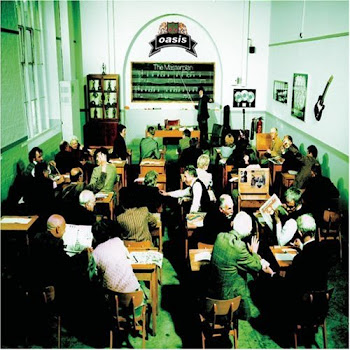
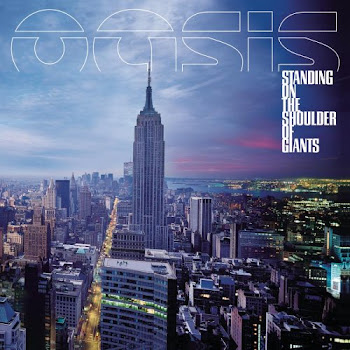

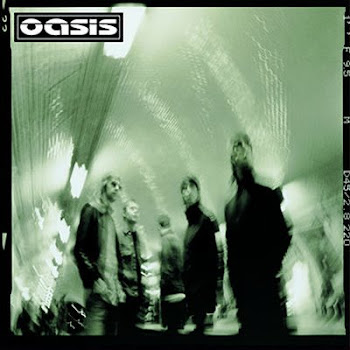


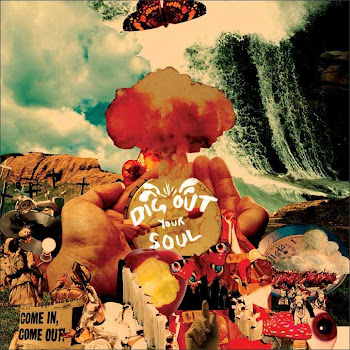
+Crest.jpg)


